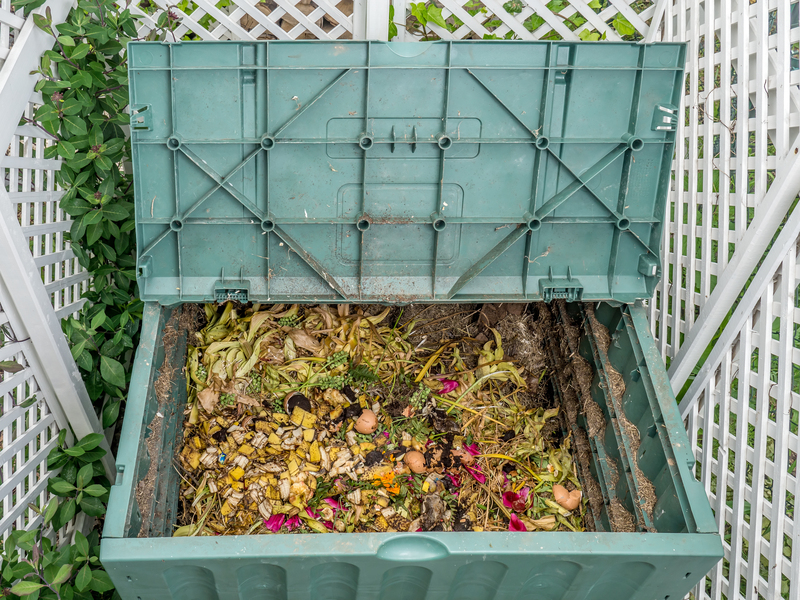Action Plan: When the Bin Collection Fails
Proper waste management is crucial for maintaining a clean environment and ensuring public health. However, moments arise when local authorities might not carry out bin collections as expected. This article provides a comprehensive action plan for dealing with missed bin collections efficiently and proactively.
Understanding the Importance of Regular Bin Collection
Failure to collect bins regularly can lead to a slew of issues, from public health risks to environmental concerns. Not to mention, uncollected waste can attract pests and create unsanitary conditions in neighborhoods.
Reasons for Bin Collection Failures
- Operational Delays: Weather conditions, vehicle breakdowns, or staff shortages might delay collection services.
- Route Changes: Occasionally, the waste management service might update routes, leading to temporary confusion.
- Public Holidays: Schedules might change during holiday periods, causing temporary disruptions.

Immediate Actions to Take When Bin Collection Fails
When faced with a missed bin collection, it's crucial to stay calm and act accordingly. Here's a step-by-step guide:
1. Verify the Schedule
Ensure that bin collection was indeed scheduled for that day. Check the calendar provided by your local waste management service. There might be changes due to unforeseen circumstances or public holidays.
2. Contact Local Authorities
Reaching out to your local council or waste collection service should be your next step. Many councils provide online services or hotlines for reporting missed collections. Be ready to provide details such as your address, type of waste, and scheduled collection date.
Effectively Managing Waste When the Collection is Delayed
If the issue is expected to persist for a few days, here are some strategies to manage waste effectively:
3. Minimize Waste Production
- Create less waste by limiting packaging and food extravagance.
- Opt for reusable items instead of single-use plastics.
4. Store Waste Safely
- Use air-tight containers to store waste temporarily, minimizing odors and deterring pests.
- Keep bins in a shaded, secure location to prevent health risks and nuisance from pests.
5. Utilize Recycling Centers
Many localities have recycling or waste drop-off centers where you can dispose of certain materials. This can help alleviate the immediate burden when bin collection services are disrupted.
Learning From Past Failures
Once the issue is resolved, prevention becomes the next step. What can be done to mitigate risks of another missed collection?
6. Stay Informed
- Subscribe to notifications from your local waste management service for updates.
- Check community forums or social media pages for announcements and discussions related to waste management.
7. Encourage Community Involvement
Community action can be a powerful catalyst for change. Form or join a neighborhood committee focused on waste issues. This group can act as an intermediary between residents and local authorities to ensure better communication and faster resolution of problems.

Long-term Solutions for Improved Waste Management
Beyond addressing immediate crises, it's essential to explore long-term strategies to ensure more effective waste management.
8. Advocate for Policy Changes
Engage with local representatives to push for policies that ensure:
- Investment in better collection infrastructure, including more vehicles and staff.
- Improved scheduling systems leveraging technology for efficient routes.
9. Educate the Community
Awareness campaigns about waste reduction, recycling practices, and proper waste disposal can greatly reduce overload on waste management systems. Workshops or informational sessions can provide residents with the knowledge to make significant improvements.
10. Explore Technological Advances
- Using apps or websites for real-time tracking and notifications can optimize collection processes.
- Consider adopting smart bins which signal when they're full, facilitating more timely collections.
Conclusion
While a missed bin collection is an inconvenience, taking specific and actionable steps can mitigate its impact. Ensuring effective emergency measures, combined with active community and individual involvement, can address both short-term and long-term challenges. By understanding the cycle of waste and implementation of optimized solutions, communities can together secure a cleaner and more sustainable environment.